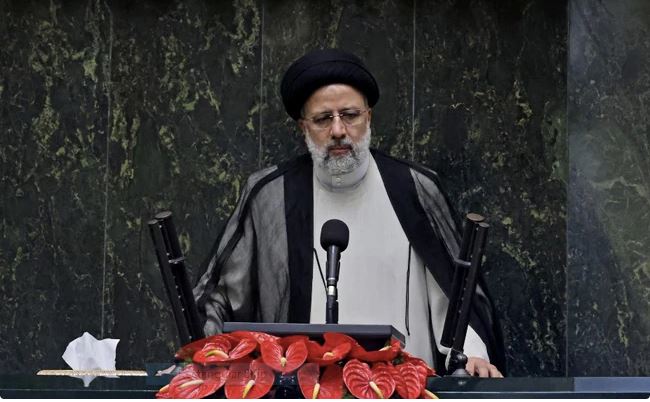
AI Deciphers 2,000-Year-Old Scroll Buried By Mount Vesuvius Volcano.

Washington, February 6, 2024, 6:36 am IST — Three researchers were awarded a $700,000 prize for employing artificial intelligence to decipher a 2,000-year-old scroll that was preserved in the volcanic eruption of Mount Vesuvius.
The Herculaneum papyri, comprising approximately 800 Greek scrolls, were carbonized during the catastrophic eruption in 79 CE, which engulfed the ancient Roman town of Pompeii.
These scrolls, resembling charred logs, have been stored at the Institut de France in Paris and the National Library of Naples, with attempts to unfurl them often resulting in further damage.
As part of the “Vesuvius Challenge,” high-resolution CT scans were conducted on four scrolls, with a total prize pool of one million dollars allocated to incentivize research on these ancient artifacts.
The winning team, comprised of Youssef Nader, a PhD student in Berlin, Luke Farritor, a student and SpaceX intern from Nebraska, and Julian Schilliger, a Swiss robotics student, utilized AI to discern ink from papyrus and reconstruct the faint Greek lettering through advanced pattern recognition.
Robert Fowler, a classicist and chair of the Herculaneum Society, expressed the transformative potential of this discovery, suggesting that the deciphered texts could revolutionize our understanding of pivotal periods in ancient history.
Luke Farritor’s breakthrough last year in deciphering the first word, revealed to be the Greek term for “purple,” marked a significant milestone in the project. Collectively, the team has decoded approximately five percent of the scroll, shedding light on the writings of the probable author, Epicurean philosopher Philodemus, who expounded on topics ranging from music to the pursuit of pleasure.
Brent Seales, a computer scientist at the University of Kentucky, and Nat Friedman, the founder of Github, initiated the contest, envisioning it as a pioneering endeavor in Herculaneum papyrology. Federica Nicolardi of the University of Naples Federico II hailed this development as a revolution in Greek philosophy, emphasizing the unparalleled significance of the recovered library from ancient Roman times.
Moving forward, the competition aims to leverage these advancements to unlock a further 85 percent of the scroll, promising further insights into ancient wisdom and discourse.





Leave a Reply